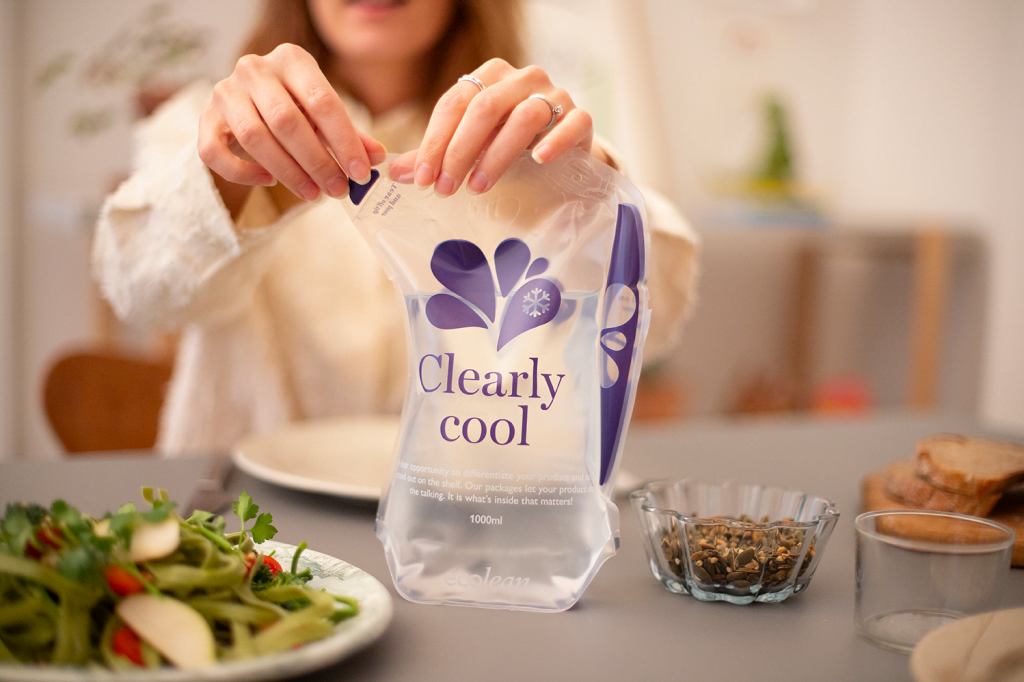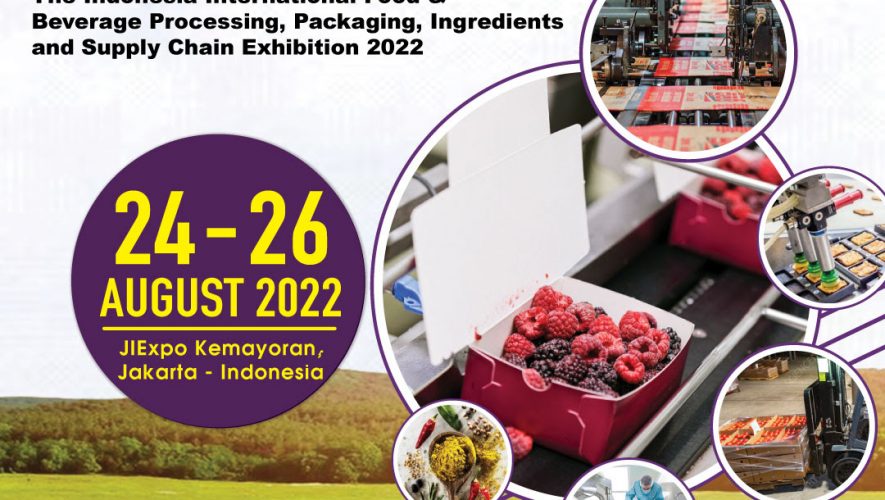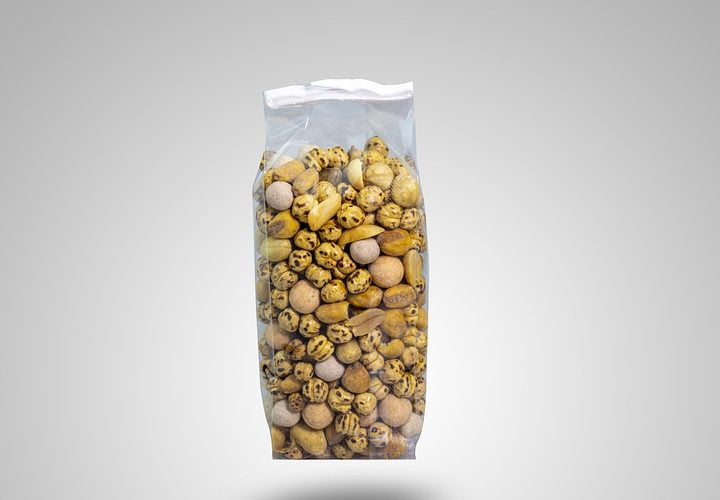Ecolean is working to optimize the entire lifecycle of the raw materials it uses in its packages – from production to end-of-life package recycling – towards the circular use of resources.
“We take a life-cycle perspective on the raw materials we use,” says Anna Palminger, Sustainability Director. “This involves making resource-efficient packages and helping our customers to use less packaging material, to promoting the consumer recycling of our packages.”
Zero waste to landfill from our plants

Ecolean’s operations sent no waste to landfill in 2020. 97 percent of the waste produced at its plants was sent for recycling, two percent was treated as hazardous waste and one percent was sent for energy recovery. “During 2020, our packaging production plants focused on reducing production waste through continuous improvements and standardizing work,” says Palminger. “This has resulted in further improvements to our processes, and we are making additional improvements in 2021.”

Partnering on recycling
With many countries lacking collection systems for plastic packaging and approximately 2 billion people worldwide[i] not having access to waste management in general, improving waste management and recycling infrastructure is a priority. By engaging and sharing knowledge with the recycling industry and through dedicated recycling projects, Ecolean enhances the opportunities for recycling its packages. Ecolean is a member of initiatives such as the European project CEFLEX (a circular economy for flexible packaging) and Collect & Recycle (CoRe) in Pakistan, to enable the recycling of Ecolean packages in various markets.
“Recycling is essential for the sustainable use of packaging and is a major priority for our business,” says Anna Palminger. “We design our packages to ensure they are easy to sort and recycle and will launch a new packaging range, designed for easier recycling by 2025 at the latest, and we support local recycling schemes and projects – all to boost the recyclability of our packages.”
Towards circularity
“Circularity – the processes of ensuring the continuous reuse of resources with zero waste – is our visionary target going forward,” says Peter L Nilsson, CEO, Ecolean Group. “We have made progress in our own operations and through recycling partnerships around the world, but there is much more to be done. In order for food packaging to use recycled packaging material, which today is hindered by food safety legislation, we need to see a shift in recycling technologies. The development of chemical recycling could potentially be an answer to this challenge. Ecolean strives to contribute to the development of new technological solutions in order to boost plastic food packaging recycling any way we can in the coming years.“



